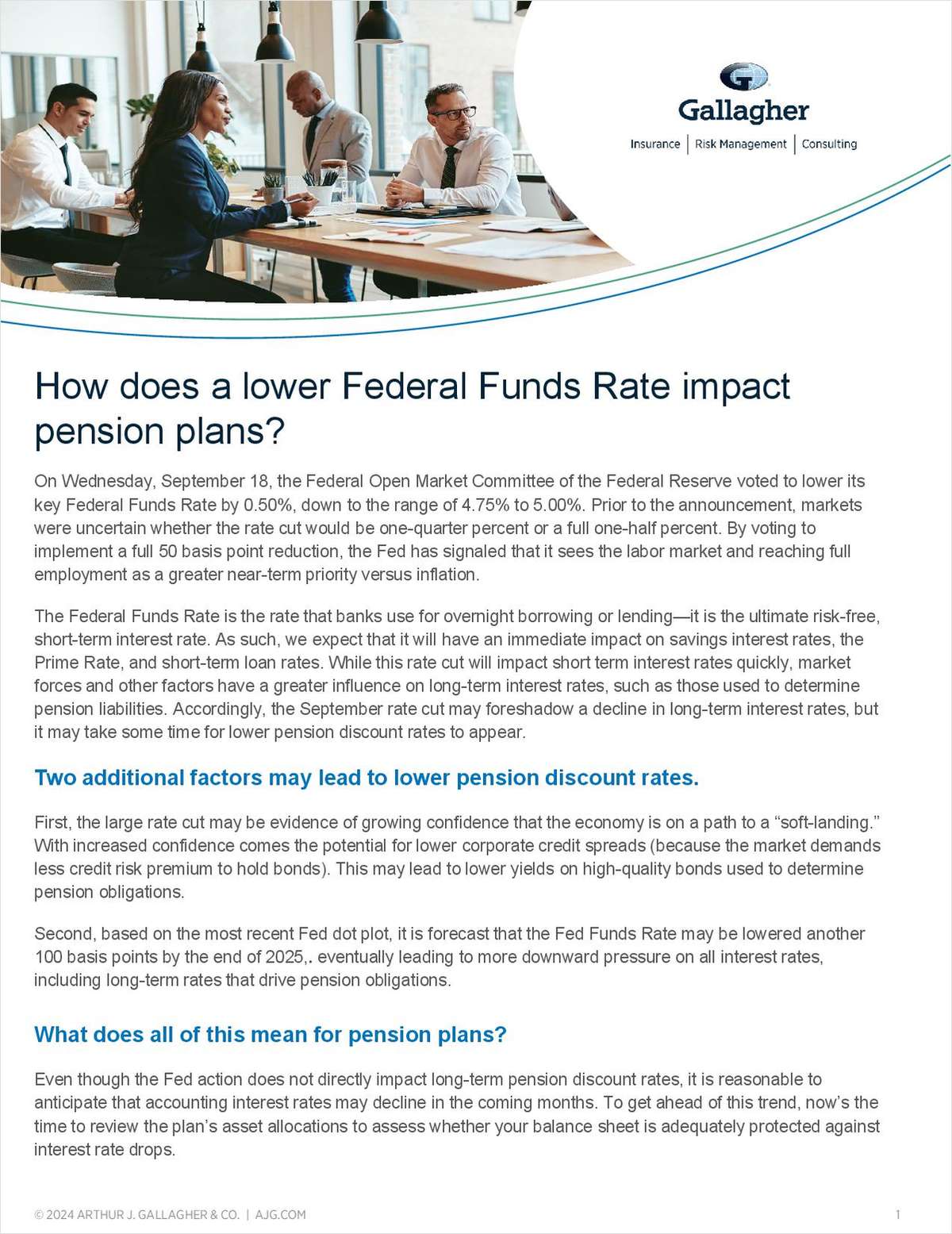It has been two years since the start of the pandemic, COVID-19 continues to be an important topic for workers' compensation. In 2022, 14 states considered legislation related to COVID-19 workers' compensation presumptions. Generally, these are presumptions that an employee's exposure to, or contraction of, COVID-19 is work-related or is a compensable injury or disease. When a state has a COVID-19 presumption in place, it is more likely that employees covered by the presumption (generally first responders, healthcare providers, and other essential employees) will receive workers' compensation benefits for medical care and lost time from work if they are exposed to or contract COVID-19 in the workplace. These presumptions are aimed at providing protections for employees who have been on the frontlines of the COVID-19 pandemic, but they also have the potential to impact system costs. |
1. How many states have established COVID-19 workers' compensation presumptions since the start of the COVID-19 pandemic?
During 2020 and 2021, 18 states established COVID-19 presumptions via legislation, directives, emergency rules, and/or executive orders. Two additional states—Tennessee and Washington — established a more general "infectious disease presumption." |
2. Are any of these states considering legislation to extend their presumptions and/or expand the presumptions to additional types of workers?
Most of the COVID-19 workers' compensation presumptions enacted or adopted in 2020 and 2021 contained expiration dates or sunset provisions tied to the end of the state of emergency or another specified date. Several states that enacted or adopted COVID-19 workers' compensation presumptions in 2020 and 2021 considered, or are considering, legislation to extend the expiration date of the presumption to a later date and/or expand the COVID-19 presumption to additional categories of workers. Two states enacted legislation to extend COVID-19 workers' compensation presumptions in 2022: |
- Virginia HB 932 extends the COVID-19 presumption for healthcare providers to December 31, 2022.
- Minnesota HF 1203 extends the COVID-19 presumption to January 13, 2023 (with caveats). Two other Minnesota bills (HF 2656 and SF 2633) would have extended the presumption to May 31, 2023, but they did not pass.
One state has pending legislation: |
- California AB 1751 would extend the expiration date for the COVID-19 presumption from January 1, 2023, to January 1, 2025. The bill passed the Assembly and is under consideration in the Senate.
Two other states considered legislation to extend and/or expand COVID-19 workers' compensation presumptions in 2022: |
- Illinois HB 4931 and SB 3608 would have expanded the COVID-19 presumption to emergency medical dispatchers and public safety telecommunication professionals, but the bills did not pass.
- Kentucky HB 69, which would have extended the presumption for certain workers to January 31, 2023, passed the House but did not advance in the Senate.
3. Are any states considering legislation that would establish new workers' compensation presumptions for COVID-19 for certain workers?
Five states proposed legislation to establish new workers' compensation presumptions for COVID-19 for certain workers in 2022. Three states have pending legislation: |
- Massachusetts H 2414 and H 2650 would establish a COVID-19 presumption for certain public safety personnel and first responders. The bills are pending in committee.
- Pennsylvania HB 2514 would establish a COVID-19 presumption for certain first responders and HB 2515 would establish a COVID-19 presumption for employees of certain healthcare providers. The bills are pending in House Committee.
- Rhode Island H 7718 would establish a workers' compensation presumption for COVID-19 or other viral infections, classified by an executive order, during a declared state of emergency. The presumption would be applicable to specified healthcare workers, first responders, and other essential workers. The bill is pending in House committee.
Two other states considered legislation to establish new COVID-19 presumptions in 2022: |
- Florida HB 117/SB 774 would have established a COVID-19 presumption for emergency rescue and public safety workers. The legislation did not pass.
- Maryland SB 10 would have established a COVID-19 presumption for first responders, public safety employees, and healthcare workers. The bill did not pass.
4. Are any states considering legislation that could be applicable beyond the current COVID-19 pandemic?
Five states proposed legislation to create workers' compensation presumptions that could be applicable beyond the current COVID-19 pandemic. These types of proposals may specifically mention COVID-19, but also contain terms such as "infectious disease," "COVID-19 or similar disease," or "other future qualifying pandemic." And they might not include sunset provisions or expiration dates. Three states have pending legislation: |
- California SB 213 would establish a workers' compensation presumption for infectious and respiratory diseases—both defined to include COVID-19—for certain hospital employees. The proposal does not include an expiration date.
- Massachusetts H 2650 would establish a workers' compensation presumption for certain contagious diseases, including COVID-19, for certain public safety personnel. The proposal does not include an expiration date.
- Rhode Island H 7718 would establish a workers' compensation presumption for COVID-19 or other viral infections, classified by executive order, during a declared state of emergency. The presumption would be applicable to specified healthcare workers, first responders, and other essential workers.
Two other states considered legislation to establish infectious disease presumptions in 2022. |
- Florida HB 117/SB 774 would have established a workers' compensation presumption for infectious diseases, including COVID-19, for emergency rescue and public safety workers. The infectious disease must be contracted during a public health emergency for the presumption to apply. The legislation did not pass.
- Missouri HB 2066 would have established a workers' compensation presumption for infectious diseases for certain first responders. The proposal did not include an expiration date.
5. Several of the COVID-19 presumptions that were enacted or adopted in 2020 and 2021 have expired. Other states have enacted, or are considering legislation, to extend their presumptions. Do we know how many states have COVID-19 presumptions in effect?
Seven states have a COVID-19 or infectious disease presumption in effect as of June 1, 2022. Some of the state COVID-19 presumptions were tied to an accident or exposure date rather than an expiration date/sunset provision and may still be in effect depending on the state's statute of limitations for filing a claim. For example, in Illinois the presumption is effective for exposure/contraction of COVID-19 on or after March 9, 2020, and on or before June 30, 2021. |
Why these questions matter
The questions surrounding COVID-19 workers' compensation presumptions are important for workers' compensation stakeholders. As noted above, these presumptions have the potential to impact workers' compensation system costs. If a state has a presumption in place, claims filed by workers covered by the presumption for exposure to or contraction of COVID-19 at work may be deemed compensable where they would not have been if no such presumption existed. However, this potential expansion in workers' compensation coverage could be lessened to some extent by several factors, including the types of workers who are generally covered by state presumptions. Many COVID-19 presumptions apply to first responders and healthcare providers — workers who are typically covered by government entities and/or self-insurance.  Laura Kersey of the NCCI. (Credit: NCCI)
Laura Kersey of the NCCI. (Credit: NCCI)
Complete your profile to continue reading and get FREE access to BenefitsPRO, part of your ALM digital membership.
Your access to unlimited BenefitsPRO content isn’t changing.
Once you are an ALM digital member, you’ll receive:
- Breaking benefits news and analysis, on-site and via our newsletters and custom alerts
- Educational webcasts, white papers, and ebooks from industry thought leaders
- Critical converage of the property casualty insurance and financial advisory markets on our other ALM sites, PropertyCasualty360 and ThinkAdvisor
Already have an account? Sign In Now
© 2024 ALM Global, LLC, All Rights Reserved. Request academic re-use from www.copyright.com. All other uses, submit a request to [email protected]. For more information visit Asset & Logo Licensing.








